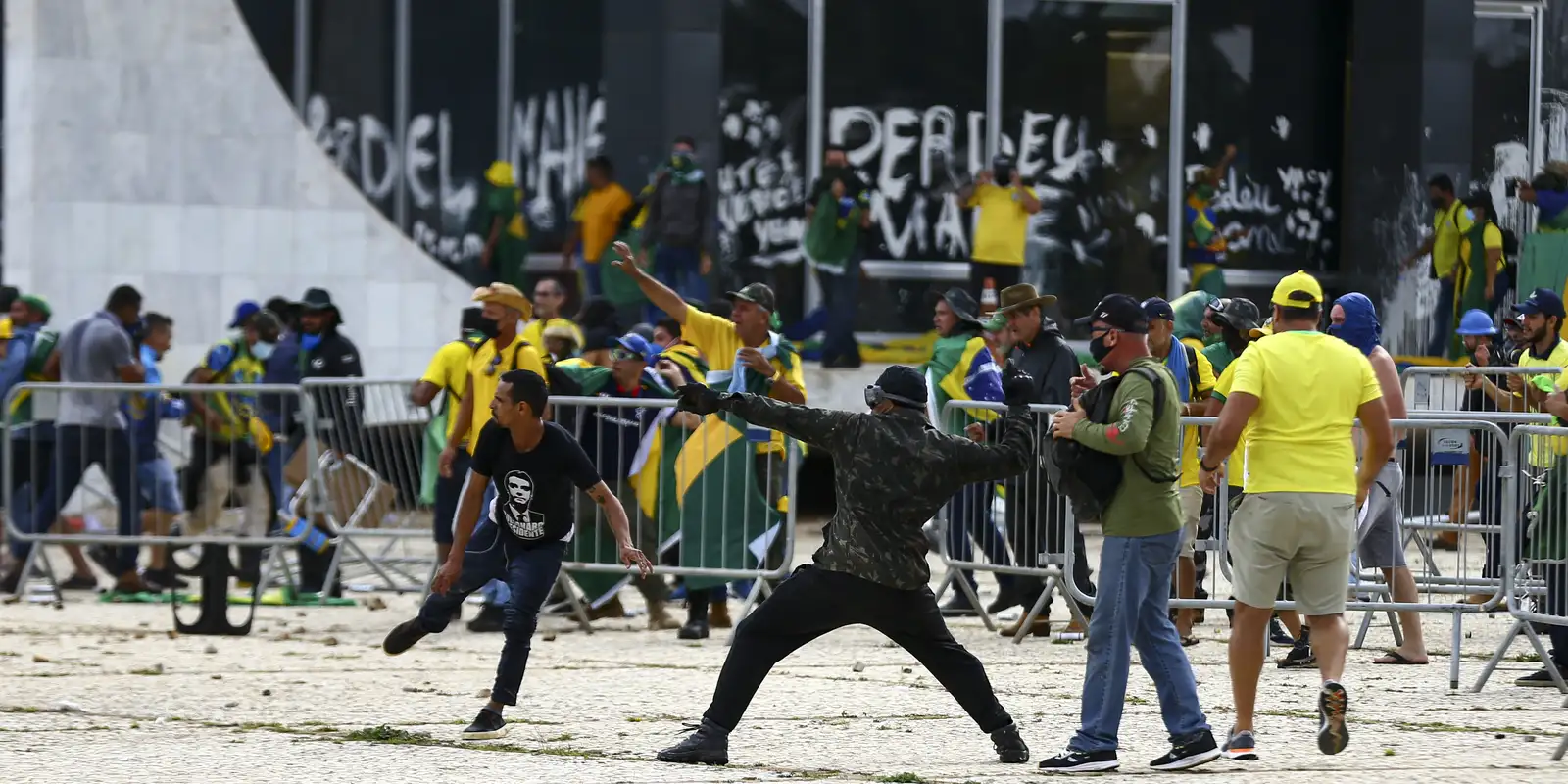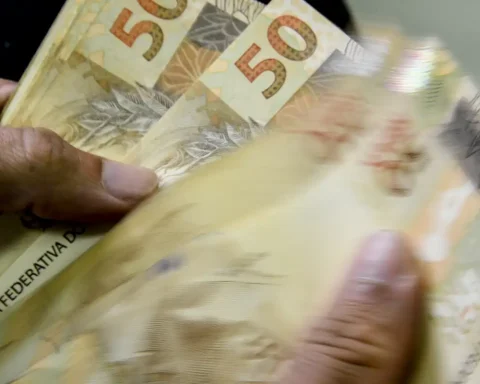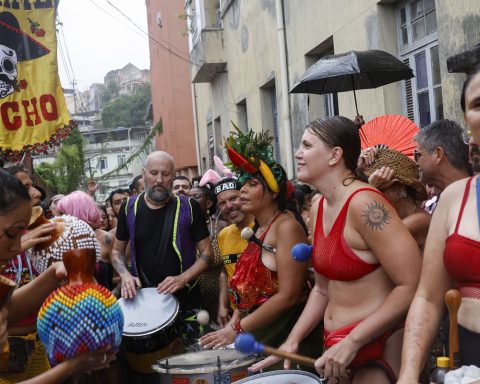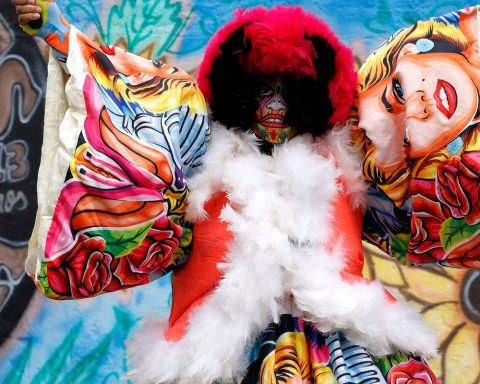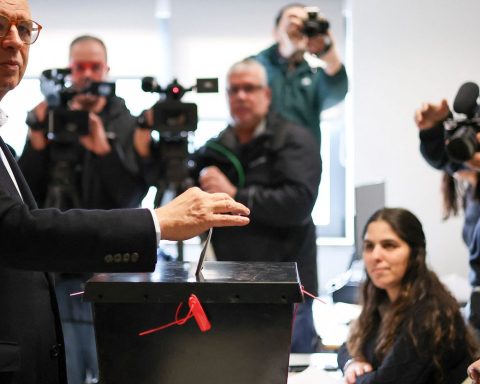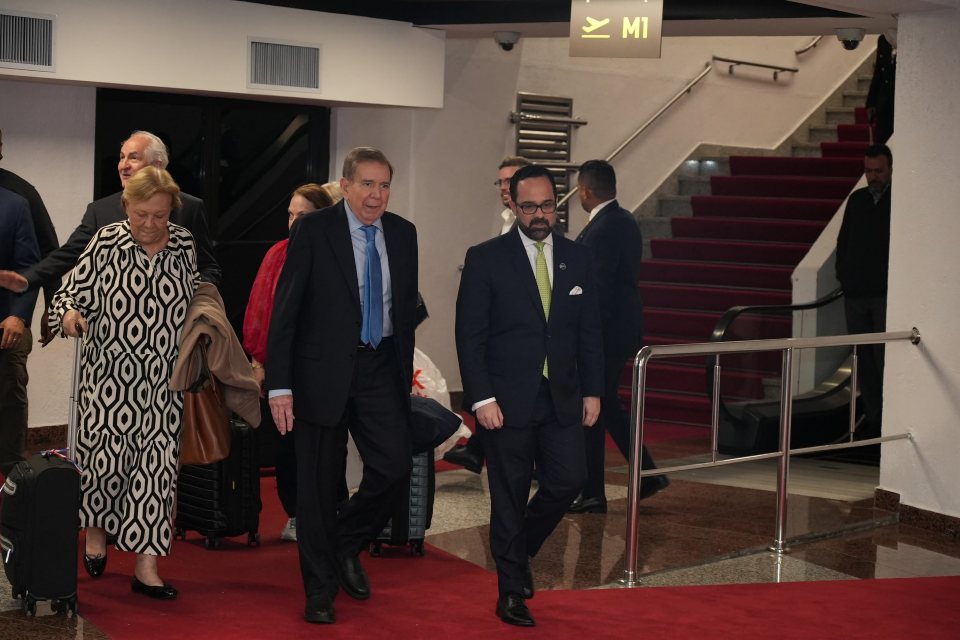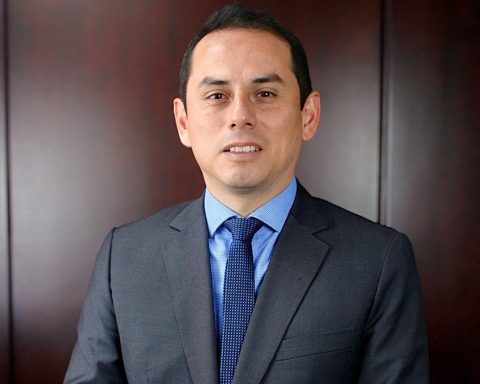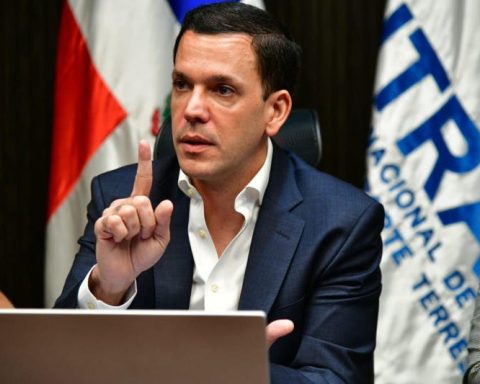The people who participated in the invasion and depredation of the National Congress, the Palácio do Planalto and the headquarters of the Federal Supreme Court on the afternoon of January 8, 2023, a Sunday, mobilized for a fanciful and anachronistic revolution. The assessment is by Tales Ab´Sáber, psychologist, writer, filmmaker and professor of philosophy of psychoanalysis on the Philosophy course at the Federal University of São Paulo (Unifesp).
He emphasizes that the violent demonstration took place “when [o ex-presidente Jair] Bolsonaro had already fled Brazil [em 30 de dezembro]when the strategic plot of the coup involving sectors of the Brazilian Armed Forces had already ended.”
Ten days after Bolsonaro’s departure and with the new government already in office, supporters of the former president who were in Brasília destroyed part of each of the Republic’s three main public buildings to “try to carry out their imaginary revolution when it was already completely out of control.” square, out of time. It was already impossible.”
Ab´Sáber assesses that despite there being no real basis for the coup d’état to take place, the insurrection of the vandals in 8/1 had concrete reasons.
“All the conditions were in place for extreme right-wing fanaticism, as psychoanalysts say, to take action. They could no longer contain themselves, even because they had been building this attack for a month and a half, in front of the barracks, in attempts to stop truck drivers throughout Brazil. It was a real movement.”
According to him, “there was a structured coup plan that had contact with the Bolsonarist camps and that fueled hope for the coup.”
This perspective fueled the spirit of “revolution” that the former president’s supporters believed they were participating in.
The evasion of the then president indicates that the “military strategic part of the coup was abandoned, but the popular dimension fueled by the master of the coup, future dictator Jair Bolsonaro, did not fall.”
The absence and omission of the former president led to chaos. “Bolsonaro contributed to this, by not demobilizing these people”, analyzes Ab´Sáber, in an interview with program Reporting Pathsfrom the TV Brasilwith the participation of Brazil Agency.
Messianic content
From the perspective of psychoanalyst Christian Dunker, professor at the Institute of Psychology at USP, the Bolsonarists’ imagination was fed by old ghosts, such as the risk of communism, by “historical denialism” and by “lack of political accuracy”. He also assesses that the mobilization prior to the break in Praça dos Três Poderes left in the air the possibility that an unprecedented terrorist act could take place.
“At the time [da transmissão ao vivo das invasões pela TV]I remembered a patient who, on September 11th [de 2001]when the plane destroyed the Twin Towers [em Nova York]she said: ‘it’s funny, because it gives you a feeling of phew, finally, it happened.’ As if this was already happening in our imagination, as if we had an expectation that something similar would occur, based on the conflict that was posed and established there, based on a narrative of the coup, which was blatant”, he told the program Reporting Pathsfrom the TV Brasilwith the participation of Brazil Agency.
Dunker was in Brasília a week before the Bolsonarist attempt to attend the inauguration of President Luiz Inácio Lula da Silva. Before the inauguration, he visited the camp of supporters of the former president which was located in the Urban Military Sector, 9.3 kilometers from Praça dos Três Poderes.
“We passed by the camps, made a small entrance, spoke to some people who were there and realized that there was an explicit lack of security and policing.”
The psychoanalyst also recalls that he spoke to campers who had “altered speech” and that “there was a messianic and exacerbated content among the people who were gathered.” He describes meeting people who “were in a situation of total despair”, “many lonely, without family” and “many in debt”.
People for whom the possibility of rupture could be tempting. “This engages errant people. People with obvious mental weaknesses, delusional types, and who found a certain unity there.”
Tales Ab´Sáber considers it essential to “follow the legal procedure”, as “people need to know that the law says that an attempted coup is a crime.” For him, “either we establish our constitution psychically, subjectively and affectively, or we depose it as in other times.”
THE Brazil Agency contacted Jair Bolsonaro’s defense team for a demonstration, but has not received a response so far. The space remains open.
*With interviews by Ana Passos, Marieta Cazarré, Patrícia Araújo and Thiago Padovan, from TV Brasil
